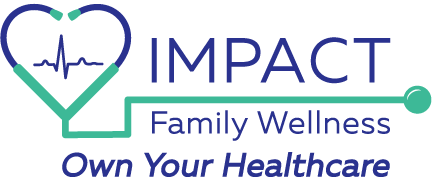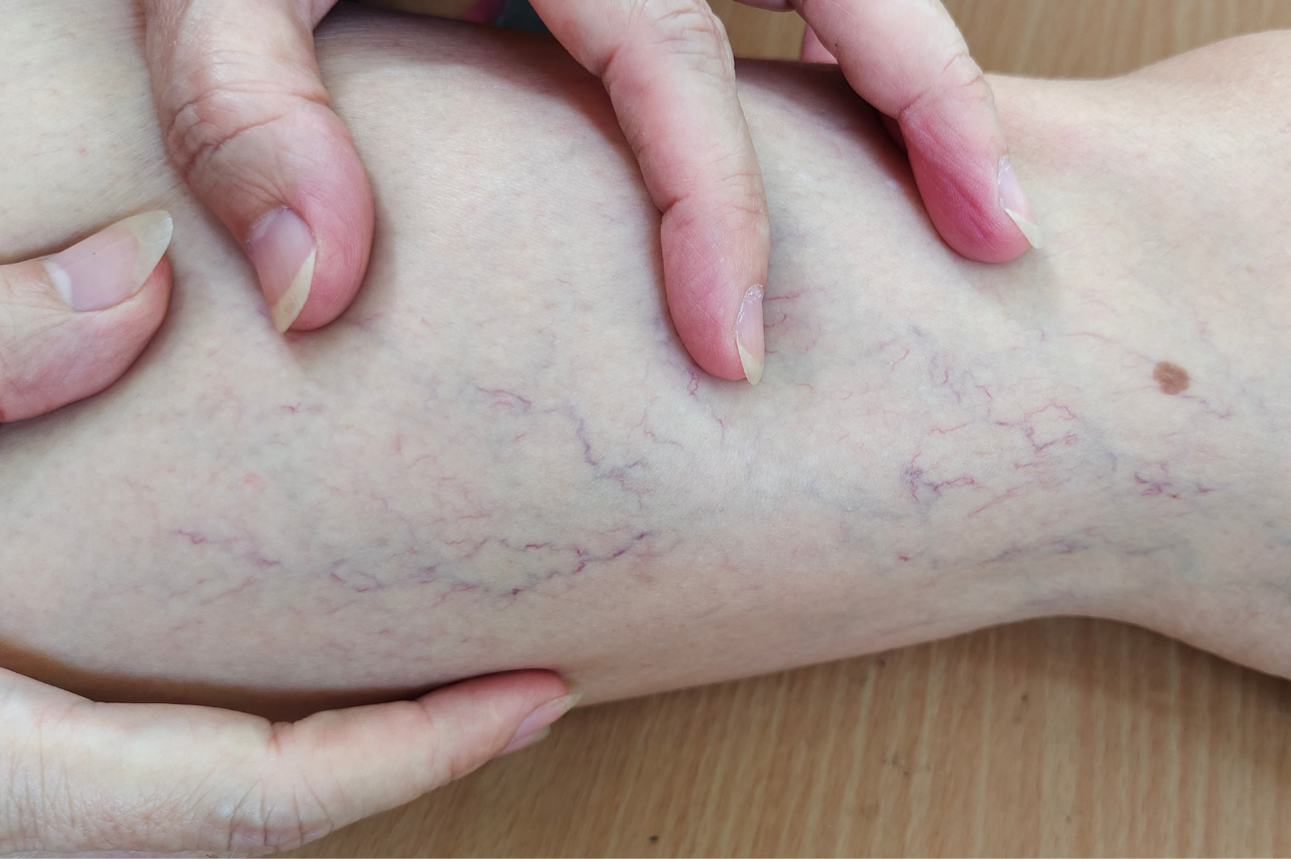By Monica McKitterick
•
February 1, 2026
Healthcare works best when it feels personal, accessible, and grounded in everyday life, yet many patients still experience care that feels rushed, fragmented, or disconnected from their real needs. Community-focused primary care benefits communities by prioritizing relationships, continuity, and prevention within the communities it serves. Below, we explore the community-focused primary care benefits that matter most to patients and families and how this model improves outcomes, engagement, and long-term well-being. Community-Focused Primary Care Benefits for Patient Outcomes Community-focused primary care benefits patients by improving access, strengthening long-term relationships, and prioritizing prevention over reactive treatment. By centering care around people and communities, community-focused primary care delivers better outcomes and long-term well-being. What Patients Gain: Care that feels connected instead of rushed Access that supports early intervention, not last-minute emergencies Relationships that build trust over time Local understanding that leads to practical, realistic care Long-term health wellness Community-focused care also connects patients to additional resources when needed, including wellness programs, mental health support, and local initiatives. These connections strengthen both individual and community health. Community-Focused Care and Why It Matters Healthcare does not exist in a vacuum. The way care is delivered, accessed, and sustained directly shapes patient outcomes over time. As modern systems grow more complex and efficiency-driven, many patients experience care that feels disconnected from their daily realities. This is where community-focused primary care becomes essential, offering a model that restores continuity, trust, and preventive stability by grounding care within the communities it serves. The Need for a Community-Focused Approach in Modern Healthcare Many healthcare systems prioritize efficiency over connection. Patients may see multiple providers, repeat their medical history, and receive care that lacks context. This fragmentation weakens engagement and contributes to poor outcomes. Community-focused primary care is a relationship-based model in which providers practice within the communities they serve. This proximity allows providers to understand shared health challenges and social barriers. Over time, community-focused primary care benefits grow to include better coordination, stronger trust, and improved access to care. Shifting from Symptom-Based Care to Preventive Stability Traditional care often reacts to illness once symptoms become disruptive. Community-focused primary care benefits patients by prioritizing prevention, early intervention, and long-term stability. Providers focus on screenings, education, and monitoring rather than episodic treatment. Because trust and continuity are central, community-focused primary care benefits include better communication and stronger adherence to care plans. Addressing physical, emotional, and social factors together allows providers to support whole-person care that fits into daily life. Primary Care Outcomes Research: The Role of Community-Focused Care Researchers have spent decades examining the influences of primary health care on population health, healthcare costs, and patient satisfaction. Across healthcare systems and regions, the conclusion remains remarkably consistent: when primary care is accessible, well-supported, and relationship-driven, patient outcomes improve in meaningful and measurable ways. Key Research Findings Extensive primary care outcomes research shows that strong primary care improves population health while reducing healthcare costs. Communities with accessible primary care experience fewer preventable hospitalizations and lower emergency room utilization. These findings explain why community-focused primary care benefits are both measurable and reliable. When patients receive care early and consistently, complications are avoided. Community-focused primary care benefits patients and healthcare systems by delivering care at the right time. How Community Context Strengthens Patient Outcomes Providers embedded in their communities understand local patterns of chronic disease, mental health stressors, and access barriers. This insight allows for realistic, data-informed care planning. Because community-focused primary care benefits reflect local context, patients are more likely to follow recommendations. Care feels relevant rather than generic, which strengthens engagement and improves outcomes. These practical advantages are a defining part of community-focused primary care benefits. How the Impact of Primary Care on Health Improves Long-Term Well-Being Ongoing relationships are central to community-focused primary care benefits. Seeing the same provider over time allows for earlier detection of changes and more personalized care. When people feel comfortable reaching out, early providers can respond before problems escalate. Over time, this steady, relationship-based care builds trust and confidence. Patients gain a clearer understanding of their bodies, their risks, and their options. They become more engaged in their care, ask better questions, and participate actively in decision-making. This creates a more stable and sustainable path to long-term well-being. Patient Outcomes in Community Care: Why Access to Primary Care Matters Access as a Driver of Positive Patient Behavior Research examining the impact of primary care on health shows that individuals with reliable access to primary care not only live longer but also experience fewer serious health complications over time. These patients are more likely to catch health issues early, manage chronic conditions effectively, and avoid preventable emergencies. Improved Follow-Through Through Consistent Access and Trust Access supports adherence to care plans. Patients who can follow up easily are more likely to understand and follow guidance. Trust grows when providers are familiar and accessible. As trust strengthens, community-focused primary care benefits include earlier intervention and fewer preventable complications. Community Health and Primary Care Services: Key to Better Patient Engagement Health outcomes improve when patients feel seen, heard, and supported. Community health primary care services are designed to foster that engagement. Unlike transactional healthcare models that focus on quick visits and isolated symptoms, community-focused primary care emphasizes ongoing, relationship-based care. Providers take the time to understand a patient’s personal goals, health concerns, family responsibilities, work demands, and life circumstances. This deeper understanding allows care teams to deliver guidance that feels relevant and achievable rather than generic or overwhelming. Relationship-Based Care and Active Patient Engagement Community health primary care services emphasize communication and shared decision-making. Providers take time to understand lifestyle demands, cultural values, and personal goals. This approach improves engagement because community-focused primary care benefits patients by making them active participants in their care rather than passive recipients. Integration of Local Health Resources into Primary Care Community-focused care extends beyond the clinic. Providers connect patients to mental health services, wellness programs, and local support resources. By integrating medical care with community services, community-focused primary care benefits both individual and community health outcomes. The Benefits of Primary Care Access: Why Continuity of Care Leads to Better Health Continuity matters. Seeing the same provider over time allows for deeper understanding, earlier detection, and more personalized care. The benefits of primary care access become clear when patients don’t have to start over at every visit. Providers recognize subtle changes, track trends, and adjust care proactively. The Role of Continuity in Accurate and Personalized Care The benefits of primary care access are most evident through continuity. Seeing the same provider reduces duplicated tests and improves medication management. These efficiencies are part of the broader community-focused primary care benefits that rely on long-term insight rather than one-time visits. Continuity of Care Across Families and Life Stages For families, continuity creates a sense of stability and reassurance. Parents know exactly where to turn when questions arise, children build familiarity with their provider, and healthcare becomes a predictable part of life rather than a stressful disruption. Over time, this consistent support helps families stay engaged in preventive care, manage ongoing conditions more effectively, and approach health decisions with greater confidence. You can learn more about why having a consistent primary care provider matters for families navigating everyday health needs. Community-Focused Primary Care Benefits for Long-Term Health Community-focused primary care benefits improve patient outcomes by restoring connection, access, and trust in healthcare. These benefits strengthen prevention, engagement, and care coordination while supporting long-term well-being. By centering care around people and communities, community-focused primary care benefits patients, families, and healthcare systems alike. The sustainability of this model is one of the most valuable community-focused primary care benefits for long-term health. Ready to Experience Community-Focused Primary Care Benefits? Choosing care that prioritizes relationships and accessibility can transform how you experience healthcare. Community-focused primary care benefits are central to the care model at Impact Family Wellness. Explore services, schedule a visit, or contact the team to take the next step toward community-focused primary care benefits designed around you. Key Takeaways Community-focused primary care benefits improve access and patient outcomes. Prevention and early intervention reduce long-term health risks. Continuity builds trust and strengthens decision-making. Community-focused primary care benefits support engagement and sustainability. Frequently Asked Questions What are community-focused primary care benefits? Community-focused primary care benefits include improved access, preventive care, stronger patient-provider relationships, and better long-term outcomes. How does primary care improve patient outcomes? Primary care improves outcomes through prevention, early detection, continuity, and coordinated care, all of which are core community-focused primary care benefits. Why is community involvement important in primary care? Community involvement helps care reflect real local needs, strengthening trust and enhancing community-focused primary care benefits. How does primary care affect long-term well-being? Primary care supports long-term well-being through proactive management, education, and prevention, which are key community-focused primary care benefits. Who benefits most from community-focused primary care? Families, individuals with chronic conditions, and prevention-focused patients experience the greatest community-focused benefits from primary care.










